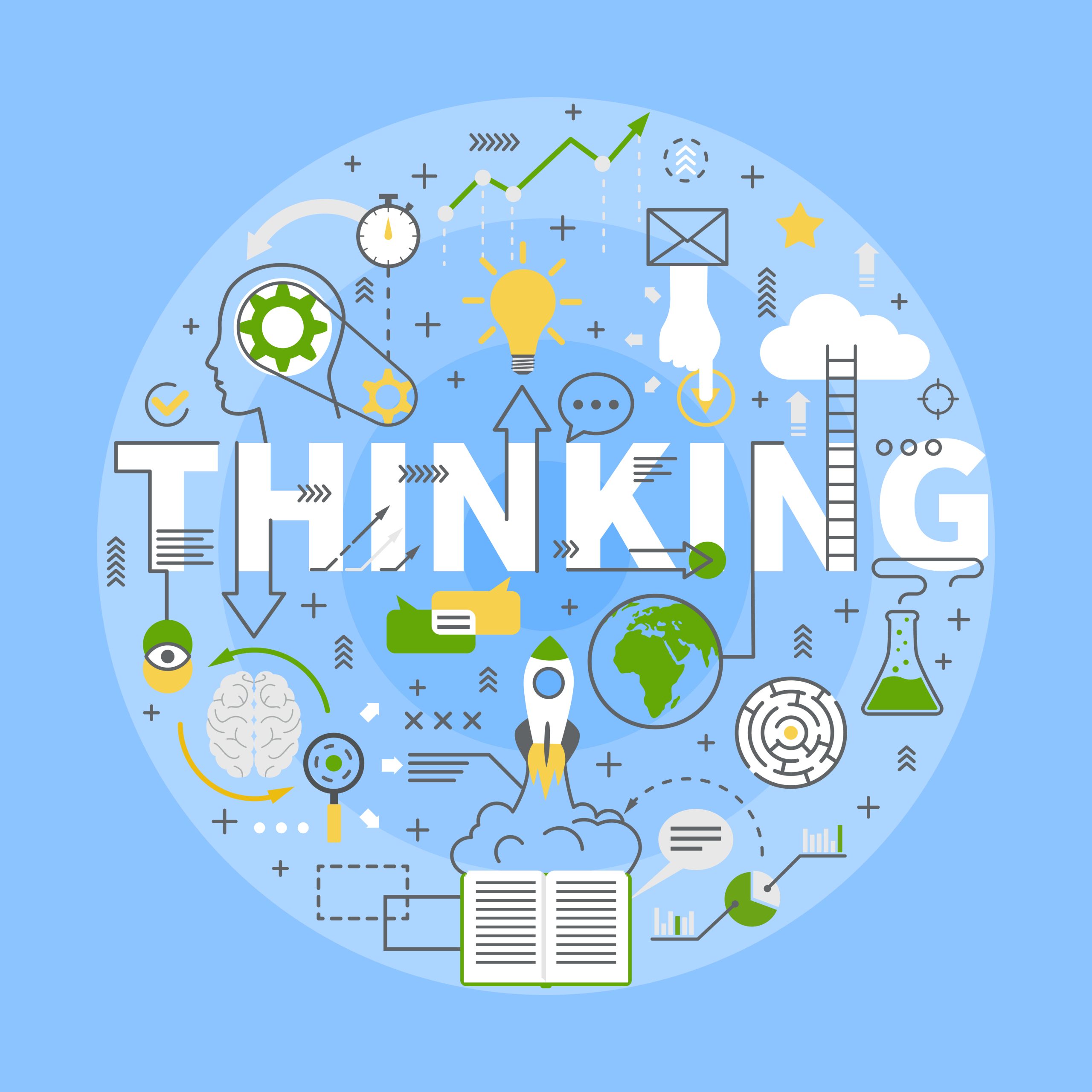
Critical thinking is more than just a buzzword; it is a fundamental cognitive ability that enables individuals to go beyond surface-level understanding and delve deeper into the complexities of issues. It involves the active and systematic analysis of ideas, information, and arguments, with a focus on evaluating their validity, reliability, and logical coherence.
By engaging in critical thinking, individuals are empowered to approach problems with a discerning eye, challenge assumptions, consider multiple perspectives, and arrive at well-reasoned conclusions.
The importance of critical thinking extends to all aspects of life, including academic pursuits, personal decision-making.
In academia, critical thinking is at the core of learning. It encourages students to question, analyze, and evaluate information, fostering a deeper understanding of subjects and promoting intellectual growth. It goes beyond memorization and encourages students to actively engage with course material, apply concepts to real-world scenarios, and develop their own informed viewpoints.
Beyond the classroom, critical thinking is a crucial skill for navigating the complexities of everyday life. In an era of abundant information, being able to discern reliable sources, separate fact from fiction, and evaluate arguments is essential.
Critical thinking equips individuals with the tools to make informed decisions, solve problems creatively, and adapt to a rapidly changing world.
Why Critical Thinking is Important?
Critical thinking is a crucial skill that holds immense significance for students in their academic, personal, and professional lives. Here are some compelling reasons why fostering critical thinking skills is essential:
-
Enhancing Problem-Solving and Decision-Making
Good critical thinking skills enable students to approach problems and challenges with a logical and analytical mindset. They learn to assess the available information, identify patterns, and evaluate potential solutions.
By honing their critical thinking abilities, students become adept at making informed decisions and finding innovative solutions to complex problems.
-
Developing the Ability to Analyze and Evaluate Information
In today’s information-rich world, it is essential for students to be able to critically evaluate the vast amount of data and sources available to them.
Critical thinking equips students with the tools to discern credible information from misinformation, to recognize biases and fallacies, and to analyze evidence to form well-supported conclusions.
This skill is vital for academic success and empowers students to make sound judgments in their personal and professional lives.
-
Cultivating an Open Mind and Challenging Personal Biases
Critical thinking promotes intellectual humility and encourages students to examine their own beliefs, assumptions, and biases.
It teaches them to consider multiple perspectives, question their own preconceived notions, and engage in respectful and constructive dialogue with others. By challenging personal biases, students become more open-minded, tolerant, and empathetic individuals.
-
Transferring Skills to Everyday Life
Critical thinking is not limited to academic pursuits, but has profound implications for everyday life. Whether it’s evaluating information encountered on social media, making financial decisions, or navigating complex personal relationships, critical thinking equips students with the skills needed to make reasoned judgments and informed choices in various aspects of life.
-
Preparing for Higher Education and Careers
In higher education, critical thinking is highly valued and essential for success. Students who have developed strong critical thinking skills have a competitive advantage, as they can engage with complex concepts, analyze academic texts, and contribute to discussions in a meaningful way.
Moreover, employers seek out individuals who can think critically, adapt to change, solve problems, and make informed decisions. Developing critical thinking skills early on equips students with the foundation they need for future educational and professional endeavors.
What are the tools of critical thinking?
Critical thinking involves a set of cognitive skills and intellectual tools that enable individuals to approach problems and information with a thoughtful and analytical mindset. Let’s explore some of the essential tools of critical thinking:
1- Analysis and Evaluation:
One of the primary tools of critical thinking is the ability to analyze and evaluate information. This involves breaking down complex ideas or arguments into their constituent parts, examining their strengths and weaknesses, and assessing the quality of evidence and reasoning provided.
Through analysis and evaluation, critical thinkers can identify logical fallacies, biases, and inconsistencies, allowing them to form well-founded conclusions.
2- Logic and Reasoning:
Logic and reasoning are crucial tools in critical thinking. This involves the ability to draw logical connections, identify cause-and-effect relationships, and evaluate the validity of arguments.
Critical thinkers apply principles of deductive and inductive reasoning to evaluate the soundness of arguments and make logical inferences. By employing logical reasoning, individuals can avoid fallacious thinking and reach more accurate conclusions.
3- Information Literacy:
In the digital age, information literacy is a vital tool for critical thinking. It encompasses the ability to locate, evaluate, and use information effectively and ethically.
Critical thinkers are skilled at assessing the credibility, relevance, and accuracy of sources, recognizing biases, and distinguishing between reliable information and misinformation.
Information literacy enables individuals to make well-informed judgments and avoid being misled by misleading or false information.
4- Problem-Solving Strategies:
Critical thinking involves employing systematic problem-solving strategies. This includes defining the problem, gathering relevant information, generating and evaluating possible solutions, and selecting the most effective course of action.
By applying logical and creative thinking to solve problems, critical thinkers can overcome obstacles, make informed decisions, and propose innovative solutions.
5- Active Listening and Effective Communication:
Active listening and effective communication are essential tools for critical thinking. Active listening involves attentively and empathetically engaging with others’ perspectives, asking thoughtful questions, and seeking clarification.
Effective communication entails expressing ideas clearly, logically, and persuasively, considering the audience and purpose. By actively listening and effectively communicating, critical thinkers can engage in constructive dialogue, collaborate with others, and critically evaluate different viewpoints.
6- Metacognition and Self-Reflection:
Metacognition, or thinking about one’s thinking, is a crucial tool for critical thinking. It involves reflecting on one’s own thoughts, biases, and cognitive processes.
Critical thinkers engage in self-reflection to become aware of their own assumptions, biases, and limitations. This enables them to recognize and challenge their own preconceived notions, consider alternative perspectives, and refine their thinking.
Conclusion
In a world that increasingly demands critical thinkers, nurturing this skill in students has never been more important. Maadi Narmer School is dedicated to fostering strong critical thinking abilities in our students through curriculum integration, inquiry-based learning, and collaborative projects.
We urge parents to actively engage in their child’s development of critical thinking skills, both at home and through collaboration with teachers. Together, we can empower our children to become confident, analytical, and creative problem solvers, equipped to thrive in a complex and ever-changing world.
